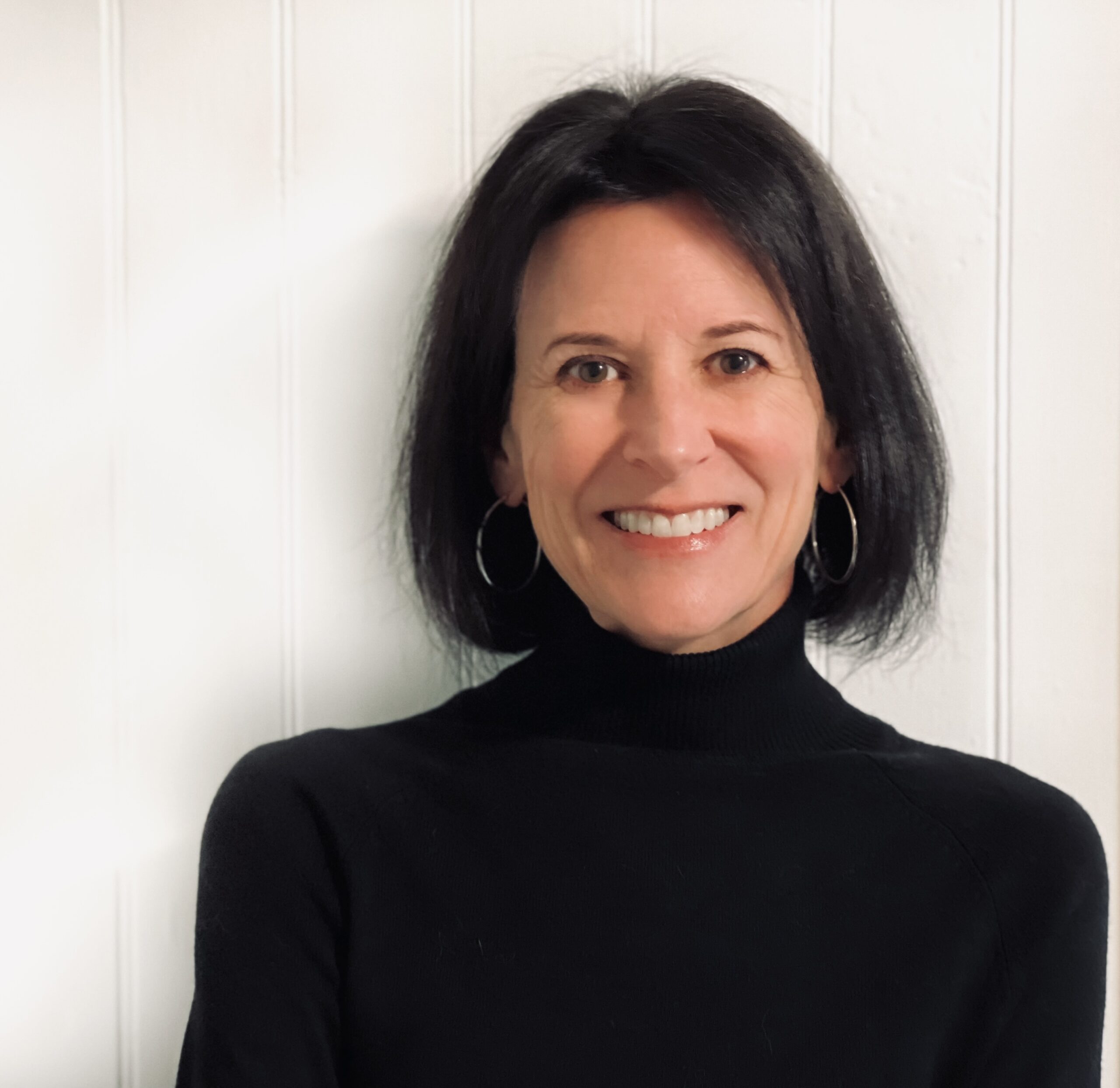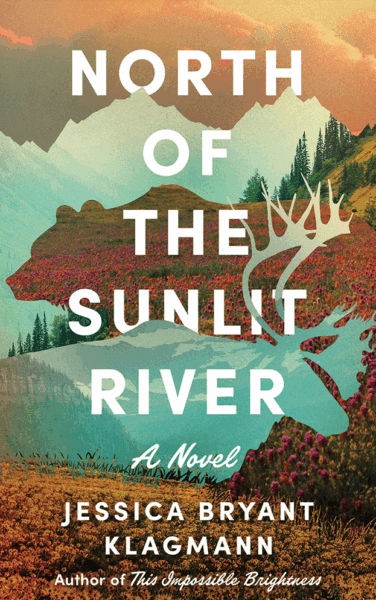In her novel North of the Sunlit River, Jessica Bryant Klagmann’s characters face grief and loss amid beautiful depictions of the natural world, from Alaska to New Mexico.
Eila Jacobsen is a less-than-traditional scientist who believes that “every caribou that has ever lived has passed its soul on to the next generation and still walks the earth in some ethereal form.” She is anxious about playing the part of “the purely professional” scientist at an upcoming conference presentation, and meanwhile she is also mourning the loss of her best friend, Jackson, and growing concerned about her father’s increasing forgetfulness and confusion.
When her father, Stefan, is diagnosed with cancer and given six months to live, the mysterious possibility of a cure becomes a point of contention between his friends Vern Graves and Sadie Watkins. “We could fix this, Sadie,” Vern tells Sadie. “We could save him.” But Sadie says no, reminding him of why: “You know that if what we found got into the wrong hands, life as we know it would be over. That’s a certainty.”
Stefan dies just as spring comes to the icy Alaskan landscape, with Eila mourning the cruelty “that her father had to close his eyes for the last time when the world was finally coming back to life.” In the meantime, flashbacks reveal more about the experiments Vern and Sadie had argued about, the possibility of “infinite adaptability, immortality even.” Even back in the past, they’d argued about what to do with the results they were seeing, with Vern wanting to share their knowledge with the world and Sadie asking: “And what happens when we cure all diseases, Vern? The human population grows bigger and wreaks even more havoc on the planet, and there are even fewer resources, even less space? What then?”
The book moves briefly from Alaska to New Mexico, to where Lark Audette, a budding ornithologist who works at a wildlife refuge, gets summoned to Fairbanks, where her connection to the region will eventually be revealed. Meanwhile, Eila begins reading her father’s journals, getting glimpses of her younger self as well as Jackson. Eventually she comes across Vern’s and Sadie’s discovery, and she heads to Sadie’s homestead and toward the potential to save her beloved caribou. When Vern and Sadie learn where she’s going, they set off to intercept her before she learns of a devastating secret involving Jackson.
This lovely novel is a quiet, slow burn that immerses readers in rich landscapes and the wonders of nature, from caribou to flowers to insects; the mysteries that the natural and animal worlds hold; and the myriad reasons they’re all worth protecting.

Midge Raymond is a co-founder of Ashland Creek Press. She is the author of the novels Floreana and My Last Continent, the award-winning short story collection Forgetting English, and, with John Yunker, the suspense novel Devils Island.

